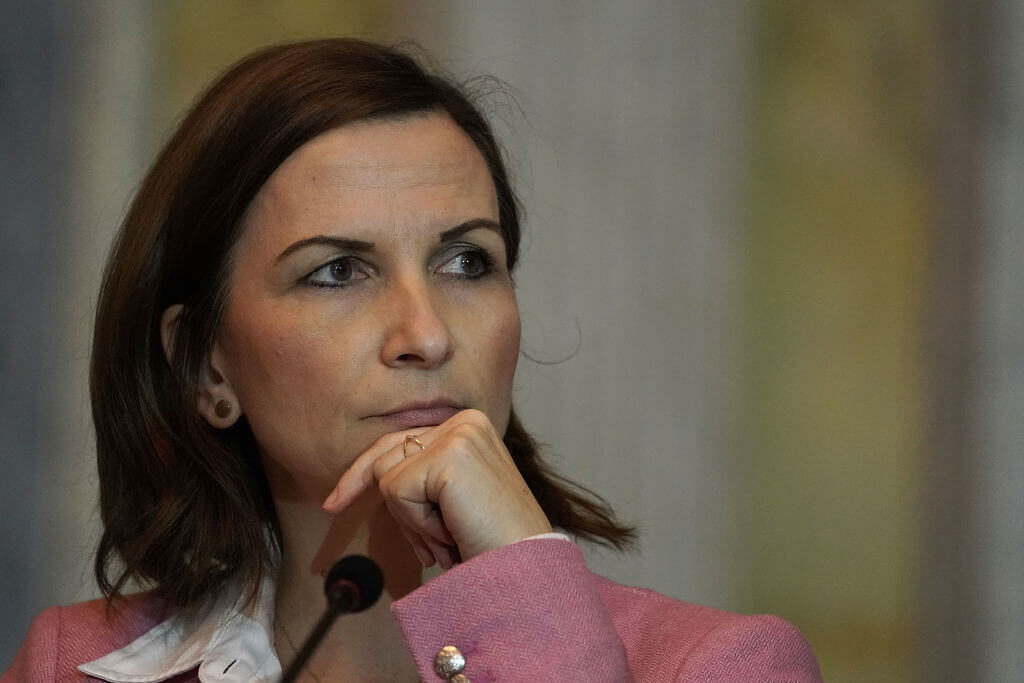Jelena McWilliams, the head of the Federal Deposit Insurance Corporation, said in a recent interview that the economy and banking industry are doing well, but she is staying vigilant for the next market downturn — and everyone should be preparing now.
McWilliams told Yahoo Finance in her first televised interview since taking the position that she has concerns over leveraged lending.
Per Yahoo:
“Things are looking good. Having said that, it is times like this that we need to be looking ahead and preparing for the next downturn,” McWilliams said.
McWilliams is closely watching leveraged lending, the business of large and risky business loans that has the attention of regulators and lawmakers on Capitol Hill. Last week, the Federal Reserve released a report flagging growth in nonfinancial leveraged loans and warned that credit standards “appear to have deteriorated over the past six months.” The Office of the Comptroller of the Currency, the third major bank regulator, similarly reported that leveraged lending has suffered from “eased underwriting standards” and warned banks to be mindful of their direct and indirect exposure to corporate debt markets.
McWilliams said she is looking at bank exposure — for small and large firms alike — to leveraged loans and the collateralized loan obligations that they are rolled into. For the most part, she said risks live outside of the banking industry but noted that community banks have “really high” collateralized loan obligation holdings. CLOs were particularly popular securities for banks searching for yield during the period of zero-bound interest rates.
“We need to be constantly monitoring what’s happening in the marketplace and how are banks positioned,” McWilliams said. “Do [banks] hold enough capital against debt?”
McWilliams said there was a dip in corporate leverage between 2015 and 2016, but recent data shows levels at post-crisis highs.
The challenge for McWilliams, the Fed, and the OCC lies in identifying risk at nonbank institutions that they do not regulate; if mutual funds experience stress, the bank regulators may not be able to do much. McWilliams has also flagged another type of nonbank risk in the past: mortgages shifting from banks to large online lenders.
Not everyone is so concerned.
Fed Vice Chair of Supervision Randal Quarles mentioned that there are enough “touch points” between the banking industry and the non-regulated financial sector for regulators to adequately observe nonbank risks. Quarles said Monday that “we’re comfortable with what we’re seeing currently.”
